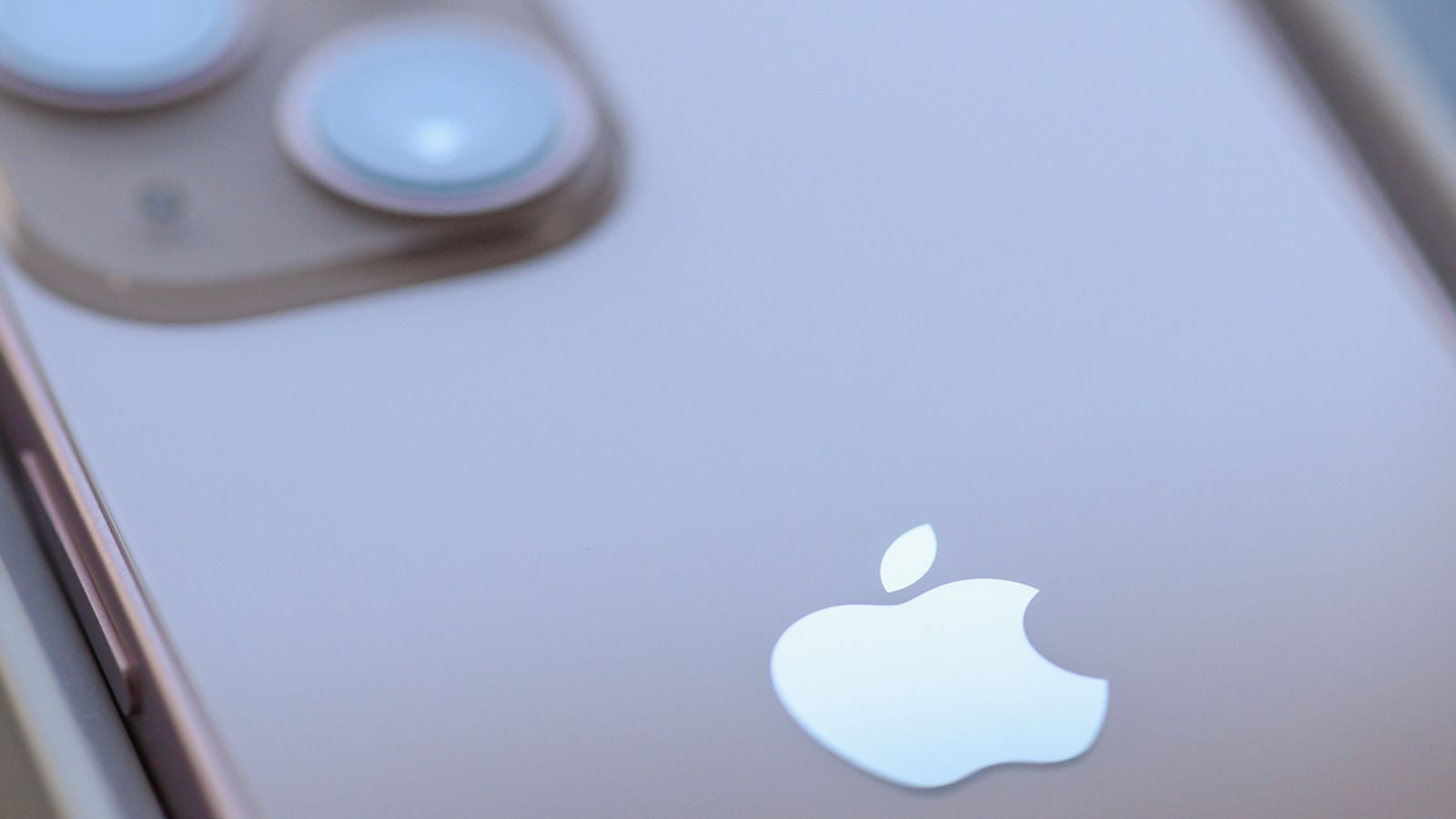U.K News
Apple removes end-to-end security encryption tool for UK cloud users rather than renege on its privacy commitments to all

The Battle Over Encryption: Apple’s Decision to Withdraw Secure Cloud Storage from the UK
The Conflict Between Tech Giants and the UK Government
The recent decision by Apple to disable its Advanced Data Protection (ADP) feature in the UK marks the latest escalation in a long-standing dispute between US tech companies and the British government. At the heart of this conflict lies the debate over end-to-end encryption, a secure communication method that ensures only the sender and receiver can view messages. While ministers argue that this technology hinders law enforcement agencies from combating criminals, including terrorists and paedophiles, tech companies like Apple refuse to weaken the privacy protections they offer to their users. This stalemate has been simmering for years, with the UK government exploring various legal avenues to gain access to encrypted data.
The Role of End-to-End Encryption in the Dispute
End-to-end encryption is a cornerstone of digital privacy, ensuring that sensitive information remains inaccessible to third parties, including governments. Apple, along with other tech giants, has consistently maintained that compromising this technology would undermine the security and trust of its users worldwide. The company has emphasized that creating a backdoor for law enforcement would inadvertently weaken the system, exposing all users to potential breaches. Despite these warnings, the UK government has pressed ahead, citing the need to combat illegal activities, particularly those involving child sexual abuse. In 2023, the Home Office reported a 13% increase in offenses related to online indecent images of children, further fueling the debate.
The UK’s Legislative Attempts to Access Encrypted Data
The UK government has attempted to address the issue through various pieces of legislation, including the Online Safety Act 2023. This law initially sought to introduce client-side scanning, a feature that would require tech companies to scan private messages before encryption. However, this proposal was met with fierce resistance from platforms like WhatsApp and Signal, with the latter threatening to exit the UK market entirely. Faced with this backlash, the government retreated, only to revisit the issue through the Investigatory Powers Act (IPA), commonly known as the "Snoopers’ Charter." Under the IPA, authorities demanded that Apple grant access to encrypted cloud data, which the company itself cannot view.
Apple’s Decision and Its Implications for UK Users
In response to the government’s demands, Apple chose to disable its Advanced Data Protection feature in the UK rather than create a backdoor for security agencies. This tool, which represents the company’s most advanced end-to-end encryption technology, ensures that only account holders can access their stored photos and documents. While this decision brings Apple into compliance with UK law, it comes at a cost: users in the UK have lost an additional layer of security. The move underscores the difficult balance between national security and individual privacy, with both sides firmly entrenched in their positions.
The Broader Debate and Opposition to Government Measures
The conflict has sparked widespread criticism, with civil liberties groups, cybersecurity experts, and even some US lawmakers weighing in. Over 100 organizations, including Human Rights Watch, have condemned the UK government’s approach, arguing that it jeopardizes global privacy rights and sets a dangerous precedent for cybersecurity. They emphasize that secure communication is vital for exercising human rights and that compromising encryption would leave millions vulnerable to exploitation. Meanwhile, tech companies and security experts have repeatedly pointed out that creating a backdoor for law enforcement is not feasible without undermining the security of all users.
The Future of Encryption and Privacy in a Global Context
As the UK government continues to push for access to encrypted data, it faces an uphill battle against major US tech companies. Apple, in particular, has a history of resisting government demands to break its encryption, as seen in previous disputes with US authorities. While the company may still appeal the decision, the UK’s efforts to enforce its laws on foreign tech giants highlight the challenges of regulating cross-border digital platforms. The outcome of this conflict will have far-reaching implications, not just for privacy and security in the UK, but also for the global tech industry and the future of digital communication.


















